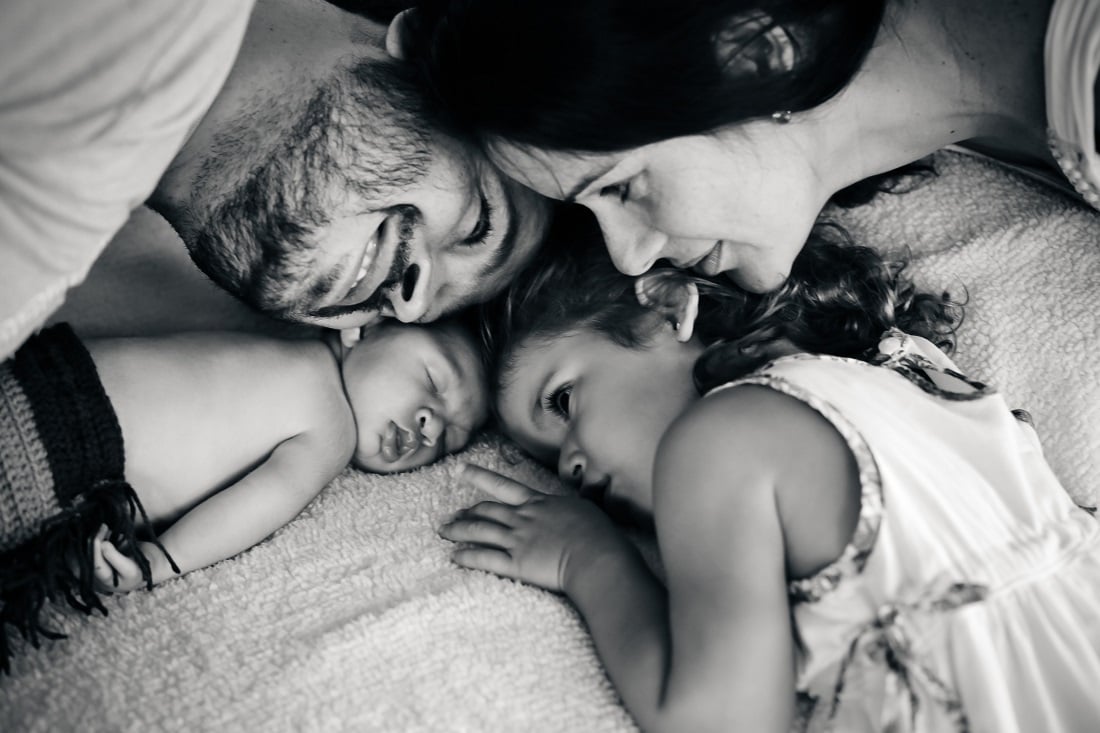Zika epidemic is over but for affected families the journey is just beginning
London School of Hygiene & Tropical Medicine https://lshtm.ac.uk/themes/custom/lshtm/images/lshtm-logo-black.png Friday 21 September 2018
Two years ago, I was in an intensive care unit in Brazil, where I met a mother and her newborn baby. The baby had Zika virus-related microcephaly, in other words, an abnormally small head. The mother was young and frightened. The baby was tiny, with a shrunken-looking head and a disproportionally large face. The father was anxious, with blood-shot eyes, and wondering aloud why this had happened and what the future would hold for them.
Six months later I met the family again. The mother looked much better and seemed to be calm and coping. The father was still by her side, not always the case for many mothers, and trying his best to help out. The baby had grown lots of hair and a chubby face. The crisis seemed to have passed for them, and now they were entering the next phase of life with a disabled child.
There are well over three thousand children born in Brazil with microcephaly. These children are generally surviving, but have complex disabilities and have to make frequent visits to hospitals and specialist carers such as physiotherapists, speech therapists and ophthalmologists.
Many have difficulty eating, and need to be fed through a tube. Epilepsy is also common, and the drugs to control seizures can make children drowsy and unresponsive. These healthcare needs place a strain on families, and make it more difficult for many mothers to return to work, causing the families to spiral into poverty.
Depression, anxiety, stigma and social exclusion of carers may be common, as they are for other childhood disabilities. Zika disproportionally affected poor families, and young women, who may be less resilient to cope with these stresses.
Our research in Brazil is trying to address these issues. By documenting stories and using questionnaires we are measuring the impact of Zika on the lives of the parents, considering economic and social impacts, such as depression, social support and stress. We are also interviewing key people in the community to see what the impact of Zika is for pregnant women, people deciding whether to have a baby, and for health professionals – people who are tasked with giving advice to parents about Zika and its effects when little evidence is available.
We have also developed and pilot-tested a parent-support programme called “Juntos” (“together”), where parent groups in the community meet regularly to share stories, provide emotional support to each other, and learn about different aspects of Zika, the care for their child, and how they can fight for their rights.
My hope is that this kind of research can help to generate more investment to support these children and their families. These supports will need to extend beyond children with microcephaly, who are only the tip of the Zika iceberg. For every one child with microcephaly there may be 11 more with milder impairments, ranging from hearing and vision loss, to physical problems to mild developmental delays.
This week it been a privilege to welcome to London two Brazilian mothers who contracted Zika while pregnant and gave birth to beautiful babies, but affected by microcephaly. I met these inspiring women through my work when I visited the NGO Abraço a Microcefalia (“Embrace microcephaly”) that they established to support parents affected in Salvador. Their lives certainly aren’t all doom and gloom; they are happy parents, taking pride in the achievements and progress of their children. One told me that having her daughter was the best thing that ever happened to her, and that through the baby she learnt to live a better life.
The newborn baby I saw in the intensive care unit will be turning two soon, and I often wonder what his life is like. Recent figures show that 53 million children below the age of 5 have developmental disabilities. With proper research and appropriate services, these children, and their carers, will have many more opportunities in life, which will create a better and fairer society for all.
LSHTM's short courses provide opportunities to study specialised topics across a broad range of public and global health fields. From AMR to vaccines, travel medicine to clinical trials, and modelling to malaria, refresh your skills and join one of our short courses today.